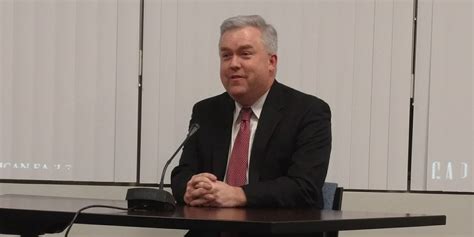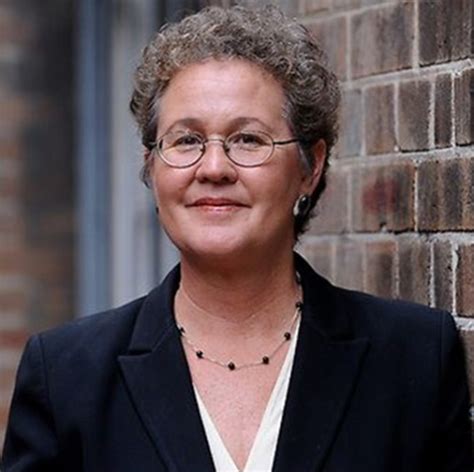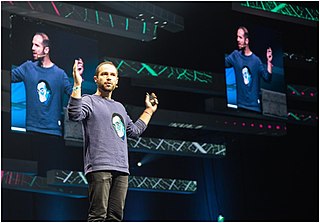A Quote by Robert J. Dolan
?ase studies are a tremendous device for developing problem solving skills, which are really valuable.
Quote Topics
Related Quotes
It has been proven time and time again in countless studies that students who actively participate in arts education are twice as likely to read for pleasure, have strengthened problem-solving and critical thinking skills, are four times more likely to be recognized for academic achievement, four times more likely to participate in a math and science fair.































